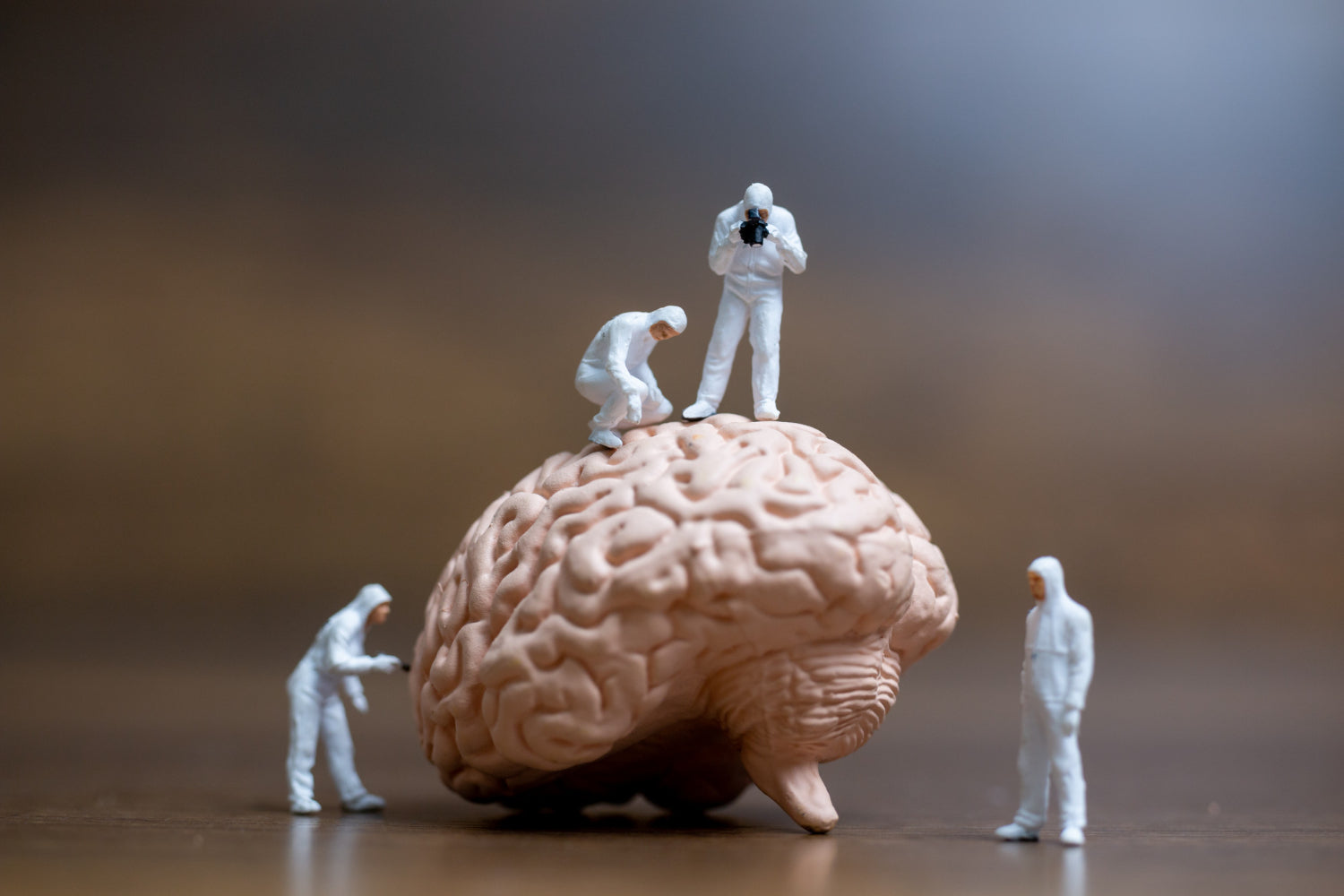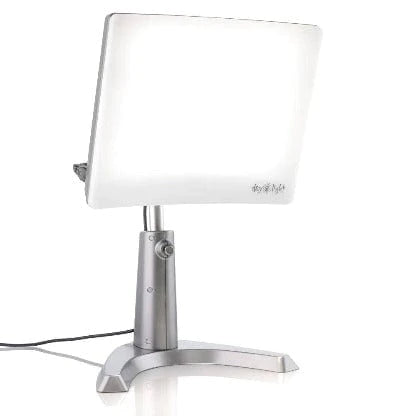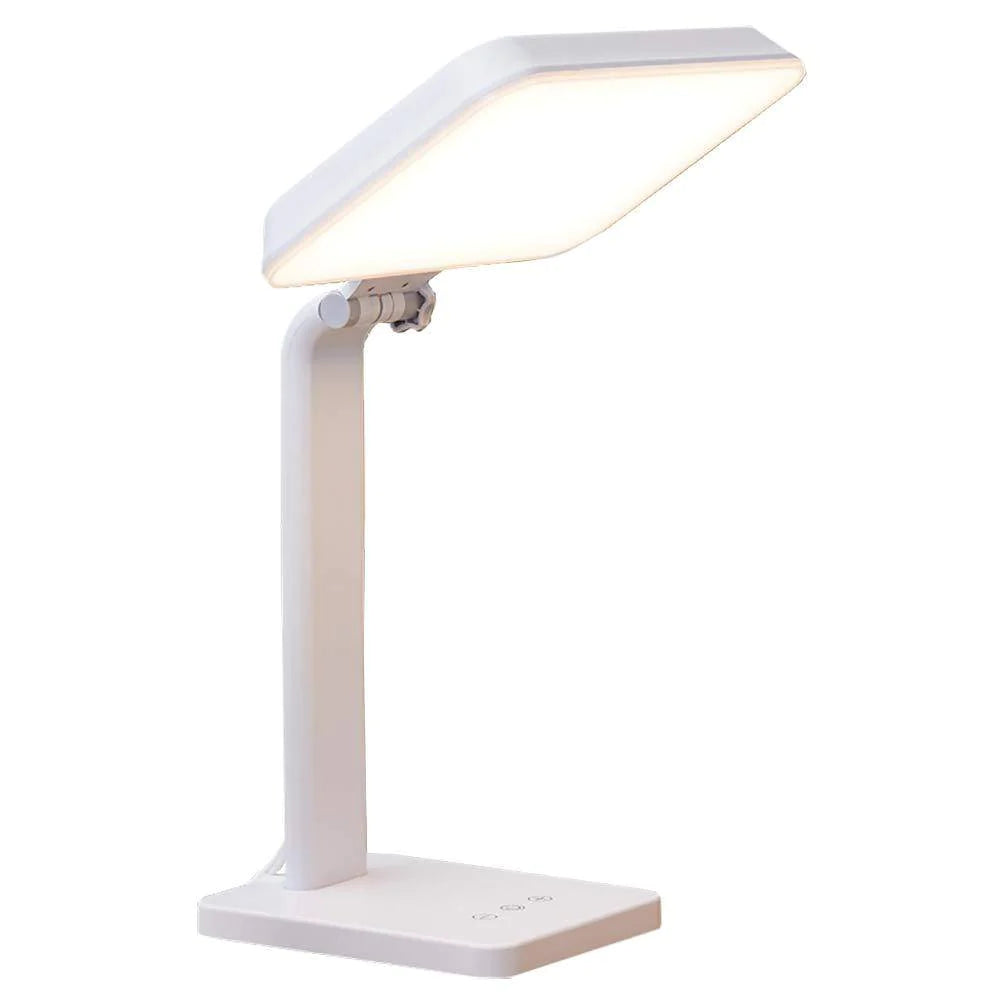Understanding Serotonin Deficiency

Understanding Serotonin Deficiency
Serotonin deficiency can affect your physical and mental health. Learn about the symptoms of serotonin deficiency, possible causes, and common treatment options to improve serotonin levels.
What is Serotonin Deficiency?
When present in typical amounts, serotonin plays a huge role in not only your body's physical health but your mental health as well. Serotonin is a chemical (neurotransmitter) produced by your body’s cells and impacts several natural functions in your body, such as your bowel movements, sleep schedule, and mood.
However, sometimes serotonin levels are not as high as they should be, and your body may experience myriad symptoms. In essence, a serotonin deficiency means that your body is not producing enough serotonin. While low serotonin levels have been linked to depression, this imbalance is not the sole cause of depression. Yet, you will likely experience mental and physical symptoms due to a lack of serotonin.
Serotonin Deficiency Symptoms
There are many signs and symptoms associated with serotonin deficiency. There are so many symptoms that you may not attribute every one of them to your serotonin levels. For that reason, it's essential to consult your medical doctor if you are experiencing any of these symptoms so that they can perform certain tests and measures to see if you are, in fact low, on serotonin.
Signs of Serotonin Deficiency
When it comes to the science of serotonin deficiency, there are generally two different categories. To make it easier to distinguish between the two, we will look at mental health symptoms and physical health symptoms of serotonin deficiency.
Mental Health Symptoms
Mental health symptoms are commonly associated with low levels of serotonin. If you are serotonin deficient, you may notice one or many of these potential mental health symptoms:
- Mood instability
- Depression
- Anxiety
- Memory issues
- Sleep disturbances
- Decreased libido and sexual pleasure
- Problems with attention and focus
- Hyperactivity
Physical Health Symptoms
Along with mental health symptoms, several physical health symptoms are commonly associated with serotonin deficiency. The physical effects of not enough serotonin may also be related to other conditions, but all can be related to the levels of serotonin in the body. Some of these physical health symptoms of serotonin efficiency include:
- Chronic pain with no physical origin
- Problems with movement, balance, or coordination
- Premature orgasm or ejaculation
- Digestive problems such as nausea and bowel issues
- Urinary difficulties
- Problems with blood clotting
What is Low Serotonin Fatigue?
As you have seen above, low serotonin levels can drastically affect your physical and mental health. Along with all these symptoms, you may even experience chronic fatigue, also known as low serotonin fatigue. This level of fatigue may have you feeling anxious, mildly depressed, listless, and have trouble sleeping.

Light Therapy for Serotonin Deficiency
⭐⭐⭐⭐⭐
"I ordered this light on the advice of one of my doctors, to help with seasonal depression. He gave me a couple of sheets with information about the requirements for a light to help with SAD. This one, and another Carex model, were the only ones on the Amazon site that seemed to meet the requirements on the study sheet. My information gave the required lumens, which many lights meet, but the paper said the light needs to shine DOWN on you, not up towards your face. I looked at many that were offered on this site and others, and it seemed the majority did shine up -- sort of like an old fashioned make up mirror tilted up toward your face.
This light is helping -- I am not feeling as gloomy and as if I just have to make it through the day, as I usually do this time of year with the short days. I also thinks it helps me to sleep more normal hours." -Amazon Review
What Causes Serotonin Deficiency?
There is not a single cause that will result in lower serotonin levels. Low serotonin levels are likely due to multiple factors and could have a different cause depending on the individual. However, there are generally two reasons why an individual may develop a serotonin deficiency.
Typically, low serotonin levels are due to not having enough serotonin in your body or because your body may not be efficiently using the levels of serotonin that it does have.
Serotonin Deficiency Causes
Because serotonin deficiency does not have a single cause, many medical and scientific professionals do not fully understand the root of this imbalance. In fact, there may be several causes that can all relate to low serotonin levels. However, some of the potential causes that the scientific community has identified include:
- Hormonal changes due to age
- Changes in the brain
- Poor diet
- Chronic stress
- Lack of exposure to light, including not enough vitamin D
- Poor exercise habits
Serotonin and Vitamin D Deficiency
Serotonin deficiency may be linked to some vitamin deficiencies. For example, low levels of both vitamin B6 and vitamin D have been linked to lower serotonin levels. In this case, changing your diet by consuming more tryptophan, an essential amino acid that can only be obtained through food, may improve serotonin levels.
Is Low Serotonin Levels Hereditary?
Even though serotonin deficiency is generally idiopathic, meaning there is not typically a specific cause, scientists believe that there are some genetic reasons for low levels of serotonin. For example, your body may not metabolize serotonin in the same way that someone else is could. Additionally, some mental health disorders are related to low serotonin levels and may also have some genetic influence.
How to Treat Serotonin Deficiency
Because serotonin deficiency shares its symptoms with so many different medical conditions, it can be tricky deciding when to see a medical professional about your symptoms. However, if you are concerned about your serotonin levels and are looking for guidance in testing, it may be worth seeing a medical doctor.
Whether you take it upon yourself or see a medical professional for help, there are some ways to potentially improve a serotonin deficiency. Typically, once a serotonin deficiency has been identified, you may be prescribed medication, improve your diet, consume more serotonin-boosting foods, and participate in daily life changes that could increase serotonin levels.

Medications for Serotonin Deficiency
Some of the most common medications for serotonin deficiency include antidepressants, such as SSRIs and SNRIs. While the SSRIs will help your brain make serotonin more available by blocking the re-uptake process in the brain, SNRIs typically act on both serotonin and norepinephrine to combat depression and mood disorders.

Diet for Serotonin Deficiency
Changing your diet is one way to improve Your levels of serotonin. Many foods naturally contain serotonin, and these foods contain essential nutrients that can help produce more serotonin. By introducing more tryptophan, vitamin B6, vitamin D, and omega-3 fatty acids into your body, you may be able to improve your serotonin levels.
Some of the common foods that contained these nutrients include, but are not limited to:
- Salmon
- Tuna
- Yogurt
- Tofu
- Leafy Greens
- Nuts and seeds
- Beans
- Bananas

Serotonin Deficiency Natural Treatment
Besides taking medication and changing up your diet, there are some other ways that you can potentially increase your serotonin levels. Some of these strategies include:
- Psychotherapy to help find ways to cope with mental health conditions.
- Reduce chronic stress with coping mechanisms and self-care.
- Get outside and enjoy bright, natural light.
- Exercise daily and move your body.

Light Therapy for a Boost of Serotonin
⭐⭐⭐⭐⭐
"Absolutely LOVE this! since using it every morning (as instructed). I have more energy during the day and don’t get that “it feels like it’s midnight” feeling at 5pm when the sun goes down and it’s dark. Its design works well for me too since I would prefer to sit on my couch in the morning and have my tea instead of at a desk or the kitchen table. The way it adjusts is nice too so you can direct the light properly as instructed. Touch buttons work perfectly as does the dimming function. Couldn’t be happier w this guy. Hoping it’s effects will last throughout the god awful winter." -Amazon Review
SHOP NOWAdditional Serotonin-Related REsources
About the Author

Brandon Landgraf is the Digital Marketing Manager for Carex Health Brands. He finds passion and fulfillment in creating content that enhances, improves, and enlivens others' quality of life. All of his written work is formulated to not only offer essential advice and tips but back it with proven studies and experts. His mission is to connect with readers and provide steps to make their lives better.
You can connect with him on LinkedIn here.
About Carex Health Brands
Carex is your one-stop shop for home medical equipment and for products that assist caregivers with providing the best possible support and care for their loved ones. Carex Health Brands has been the branded leader in in-home, self-care medical products for over 35 years. Our goal is to improve the lives of our customers by bring them quality products that bring dignity back to their lives. With our three nationally distributed brands, Carex Health Brands serves national, regional and independent food, drug and mass retailers along with wholesalers, distributors and medical dealers.
related posts
Rollator Buyer's Guide: How to Choose a Rollator
If you or a loved one has been having issues with mobility, you may be considering purchasing a rollator. This guide will walk you through everything you need to know, including who should use a rollator, the types of rollators, and what to look for when shopping, so that you can be sure to make the best choice.
Decoding Your Body Clock: Understanding Circadian Rhythm Disorders
Up to 3 million people have one, but what is a circadian rhythm sleep disorder? Explore the various types, causes, and more to understand better.
Pain Relief Product Quiz
Answer seven questions for a personalized recommendation based on your pain relief needs.
11 Expert-Backed Methods on How to Get Up Early
Tired of waking up groggy? If you’re searching for the best way to get up early, look no further. This definitive guide gives you 11 expert-backed methods to reset your sleep schedule and conquer the snooze button. Learn proven technical and mental tricks to get up early in the morning, from optimizing your sleep environment and establishing consistent routines to finding your ultimate motivation. Stop stressing over your alarm and start winning back your mornings with actionable tips for waking up early that actually work!









